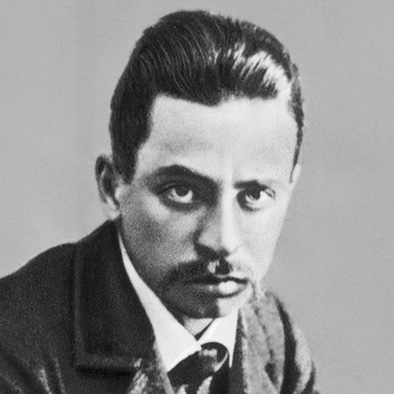We cannot know his legendary head
with eyes like ripening fruit. And yet his torso
is still suffused with brilliance from inside,
like a lamp, in which his gaze, now turned to low,
gleams in all its power. Otherwise
the curved breast could not dazzle you so, nor could
a smile run through the placid hips and thighs
to that dark center where procreation flared.
Otherwise this stone would seem defaced
beneath the translucent cascade of the shoulders
and would not glisten like a wild beast's fur:
would not, from all the borders of itself,
burst like a star: for here there is no place
that does not see you. You must change your life.
Published:
1908
Length:
Regular
Literary Movements:
Modernism
Anthology Years:
2020
Themes:
Memory & The Past
Literary Devices:
Enjambment
a line break interrupting the middle of a phrase which continues on to the next line
Portmanteau
joining two or more words to create a new word
Sensory Detail
words used to invoke the five senses (vision, hearing, taste, touch, smell)
Simile
a comparison between two unlike things using the words “like” or “as”

